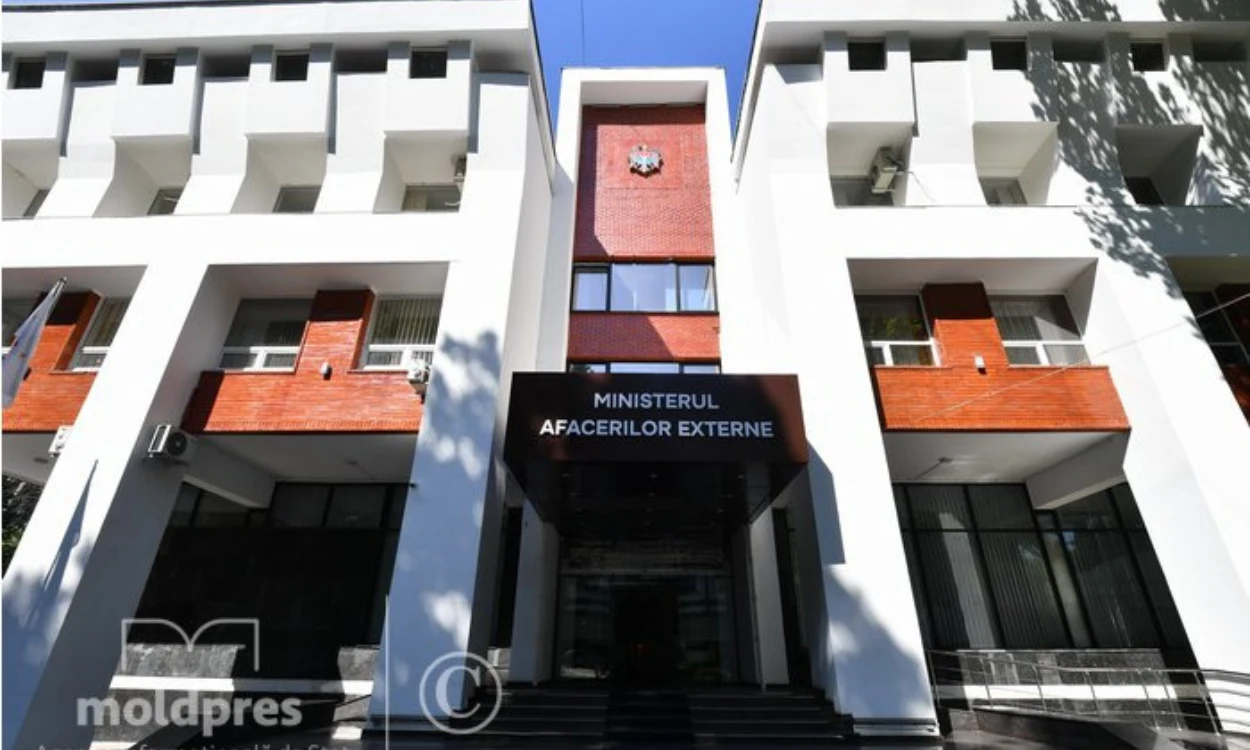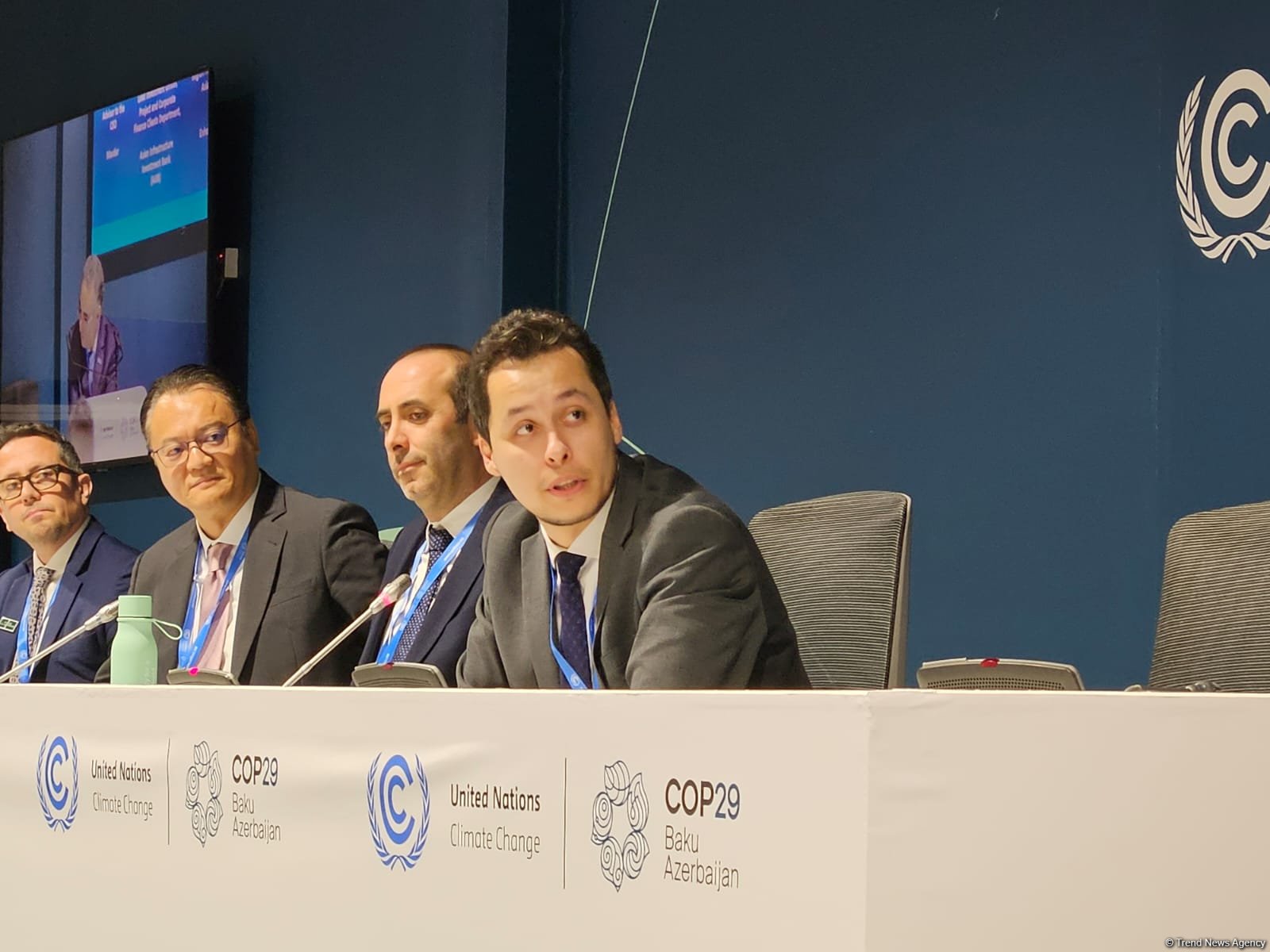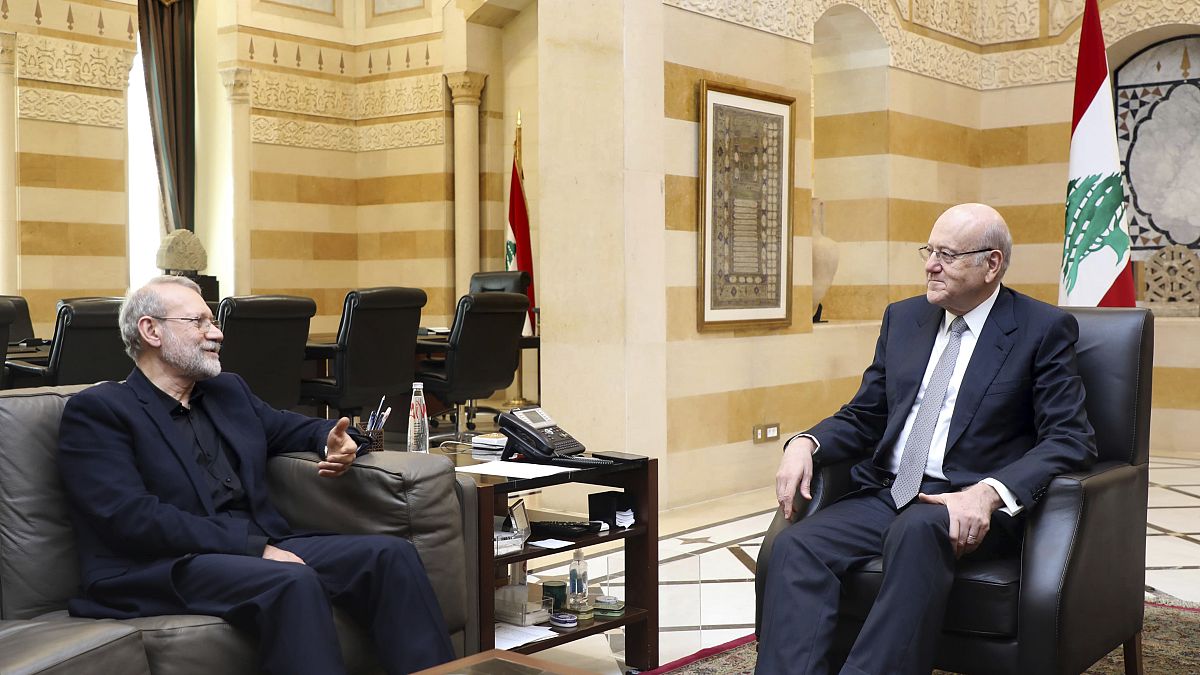The trial of former Czech prime minister and likely presidential candidate Andrej Babiš saw dramatic witness testimony from his son, Andrej Babiš Jr., in Prague on Friday.
Babiš Jr. claimed his signature was forged on key documents pertaining to allegations of EU subsidy fraud against Babiš and co-defendant Jana Nagyová.
But Babiš Jr.’s mental health was later put in the spotlight by the judge.
The trial concerns whether Nagyová, assisted by Babiš, falsely created conditions for the Stork’s Nest [Čapí Hnízdo] entertainment and hospitality venue to receive €2m in EU subsidies in 2008.
Prosecutors claim the complex was transferred out of Babiš’s Agrofert conglomerate, so that it would qualify for the subsidy as a small and medium-sized enterprise (SME). They want Babiš to be handed a three-year suspended sentence and a fine.
It is alleged that fraud was carried out through the transformation of Stork’s Nest into a joint-stock company with shares owned by Babiš’s family — including his son.
Babiš Jr. testified that his signature on share transfer agreements was forged. He claims his father transferred the shares to him without his knowledge, making him a front man for the scheme.
“I never saw those contracts, the police showed them to me for the first time,” he claimed. But he said he did sign a complex 20-page document set before him by the financial director of Agrofert ,without understanding its contents.
After asserting that his signature had been forged on the share transfers, Babiš Jr. was quizzed about his mental health.
Babiš insists his son’s testimony cannot be relied upon because he is mentally ill and has been “abused by the mafia police cartel and mafia journalists.”
When pressed on whether he is receiving treatment, Babiš Jr. confirmed that he is being treated for schizophrenia but called the diagnosis a “false opinion.” He said he is willing to undergo further medical examination.
The witness’s accused father was not present for the fraught exchange, excusing himself by suggesting his presence would make Babiš Jr. “nervous.”
Father-son problems
The pair share an extraordinarily difficult relationship.
On the campaign trail last year, Babiš was confronted by his son, who said the ANO party leader wanted to “fool the Czech nation” with his “ANO sect.”
Babiš Jr. also claims that during police investigations into the Stork’s Nest affair in 2018 he was kidnapped and transported by someone “with Russian citizenship and a criminal record” to Crimea.
Babiš says his son left the Czech Republic of his own accord.
Throughout the first five days of the trial, witnesses were quizzed about the process through which the Stork’s Nest centre was granted an EU subsidy.
In his opening statement, Babiš claimed the case would never have been prosecuted if he had not gone into politics. He also claimed to have known nothing about the subsidy arrangement at the time.
Co-defendant Nagyová, who handled the subsidy application, insisted that Stork’s Nest “was a small or medium-sized enterprise according to the rules at the time and their interpretation.”
Witnesses have included a handwriting expert, who refused to either confirm or deny that Babiš Jr.’s signature had been forged, as well as subsidy office administrators and an insurance manager for Agrofert.
Babiš responded to negative witness statements by casting aspersions on their impartiality, citing personal resentments against him.
Nagyová apologized to Babiš before the court, saying that if anyone hypothetically made a mistake in the subsidy application it was her. Babiš expressed regret in return as the case has “ruined her life.”
But pro-democracy campaigners say the trial proves Babiš’s unfitness for public office with presidential elections looming in January.
Kristina Jochmannová from the Million Moments for Democracy NGO told EUobserver the Czech Republic needs “candidates who really care about serving the people, not about their own immunity.”
All publicity is good publicity?
It is assumed a guilty verdict would severely dent Babiš’s chances of becoming president, or even dissuade him from running altogether.
But Jochmannová says “support among his voters seems close to unconditional.” Babiš thrives on claiming a corrupt establishment is out to discredit him, so the stakes of the trial are high.
“In the event of acquittal, Babiš’s narrative — that the trial and prosecution have been politically influenced — will seem confirmed, and his opponents will lose a powerful mobilising factor,” Šárka Shoup, executive director at the Institute for Politics and Society, told EUobserver.
And Jiří Pehe, a former cabinet member who is now director of the New York University in Prague, told EUobserver that “Babiš definitely wants the trial to increase his popularity. That’s why he’s portraying himself as the victim of a political witch hunt.”
“The question is how many people will buy it,” Pehe added.
With the trial to continue later this month, Babiš’s political career may depend on the judge’s final verdict. So too may the future direction of Czech politics as a whole.




















Discussion about this post